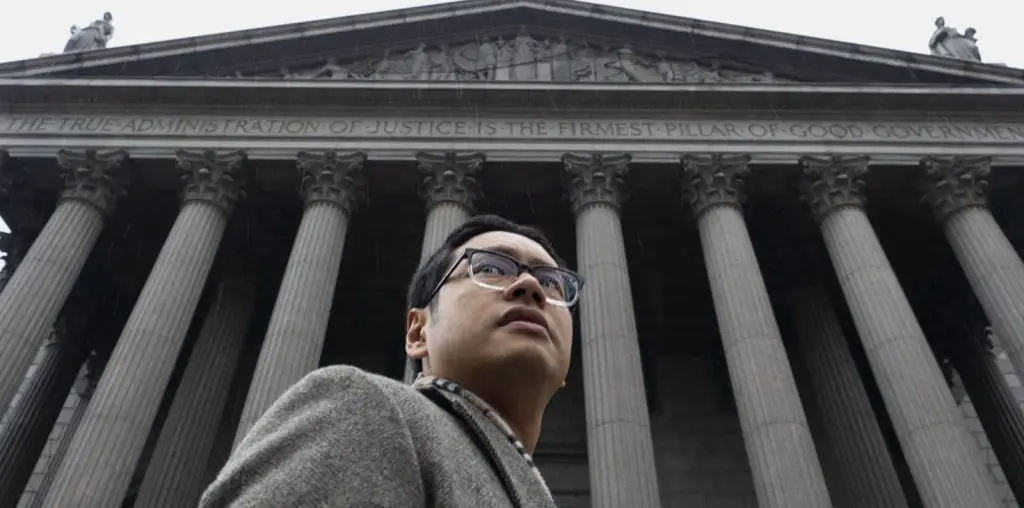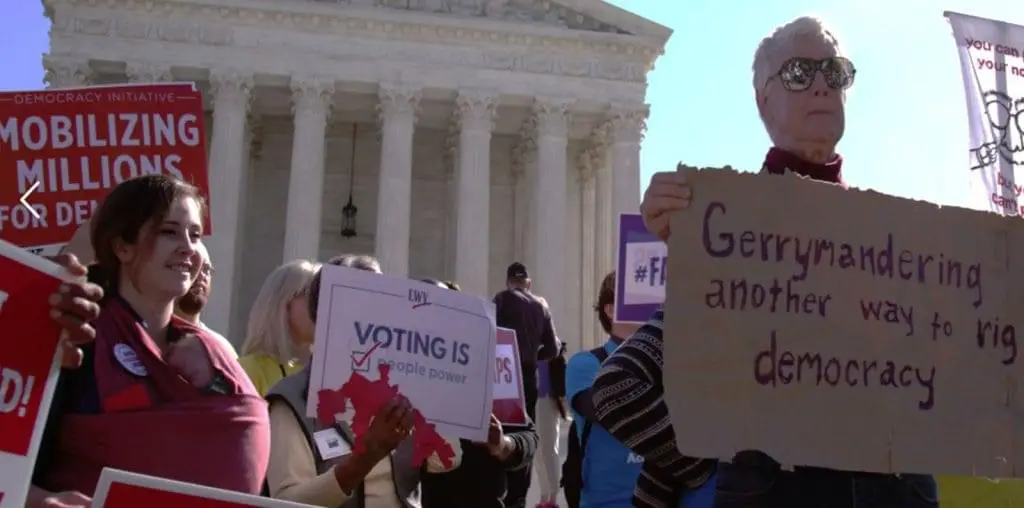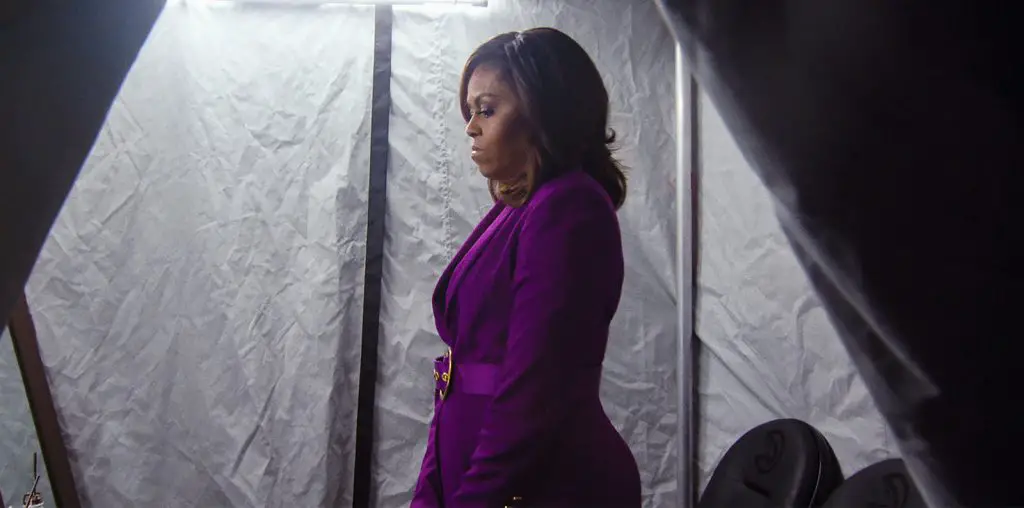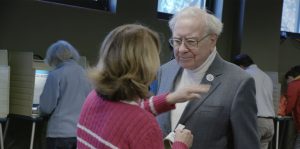
Warren Buffett is the only recognizable face appearing in One Vote. He wants to make voting more accessible to all and accompanies voters from various parts of Omaha, Nebraska. Aboard his Drive 2 Vote bus trolley filled with helpful volunteers, we get a better sense of what voting means for different people, such as immigrants who gained the sacred right to vote in America.
Buffett might be the most famous, but the “good doctor” Brenda Williams of Sumter, South Carolina, steals the show. Through her non-profit, Williams brought on many rural voters who needed help to be eligible, obtain documentation, or a simple ride. She has a very busy election day driving around mobile home areas to bring people without means of transportation to polling stations or going to a detention center where she brings ballots for pre-trial inmates. She knows that ‘voting is power’ and wants the next generation of Black voters to truly understand this, especially when passing cotton fields and reminders of the slavery era right next to voting polls putting things in dire perspective.
The last protagonist confronted different kinds of struggles, and his journey provided inspiring scenes. He is a former felon and addict from Shepherdsville, Kentucky, who was voting for the first time in 2016 after getting pardoned and having his rights restored. He had a tough life, and now voting means everything to him, particularly proposals allowing felons to regain this most fundamental right after completing their full sentence (a law that was later passed). He shares intimate and emotional moments with his young son when he teaches him what it means to be a good citizen; to be American.
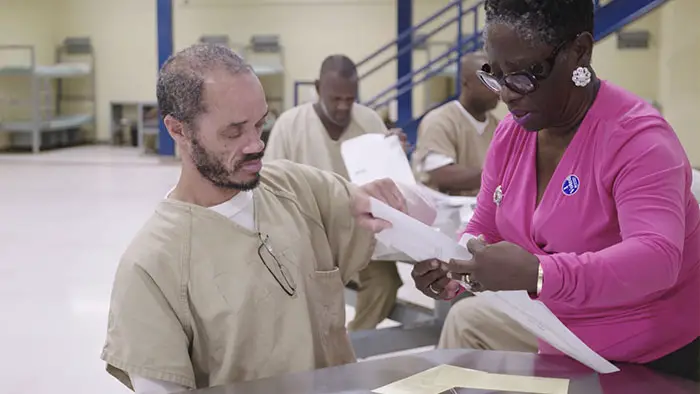
“…succinctly highlights the importance of explaining to kids the often confusing election process…”
One Vote explores what politicized its interviewees or made them understand the importance of voting and their rights, whether a mentor, a family member, or lack thereof for adoptees, life-changing experience, or a chance of growth and hope for a better future. It also succinctly highlights the importance of explaining to kids the often confusing election process and the value in bringing them along to create memories that will stick with them forever, such as seeing their parents, or other family members, filing their ballots.
The documentary wants to galvanize people to exercise their “God-given right” and to be a respectful and grateful citizen. Likewise, it wants the audience to feel the sense of “we are all Americans,” although its idealistic approach of involving only gentle people makes it appear a bit lazy.
Thus, One Vote is mainly a non-partisan affair, but what’s interesting is that in this day and age, “neutral” is certainly a choice made. In addition, many voices were sorely missing from the conversation and not necessarily in terms of political views such as the people on the extremes or fringes. We are never told on which side one or the other are leaning, but we get a sense of where things fall and read clues from TV or radio channels playing in the background, discourse, or even pieces of clothing. However, despite an abrupt ending right before the result, the overall takeaway from the stories is that whatever happens “is on us.”
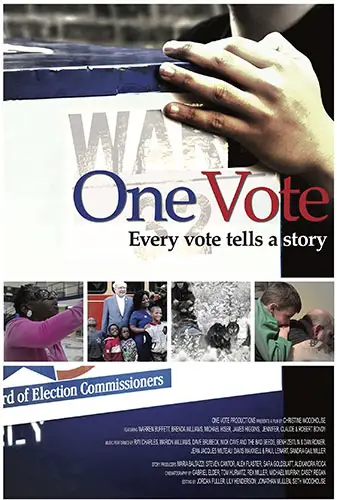
"…in this day and age, 'neutral' is certainly a choice made."
